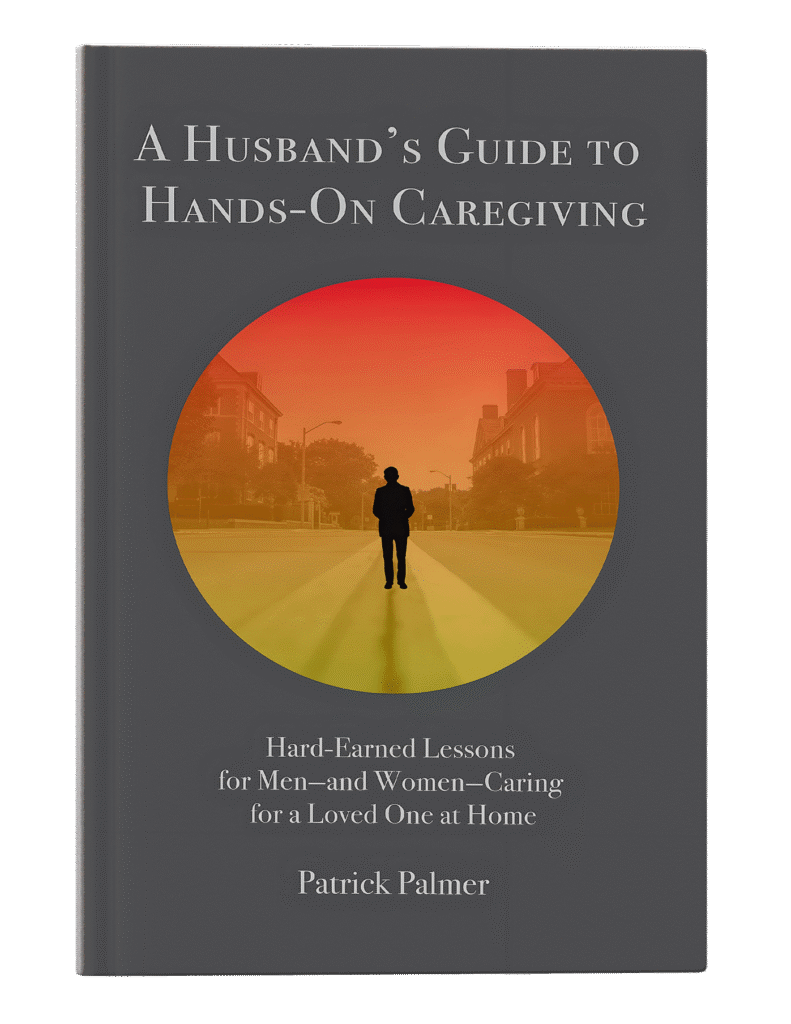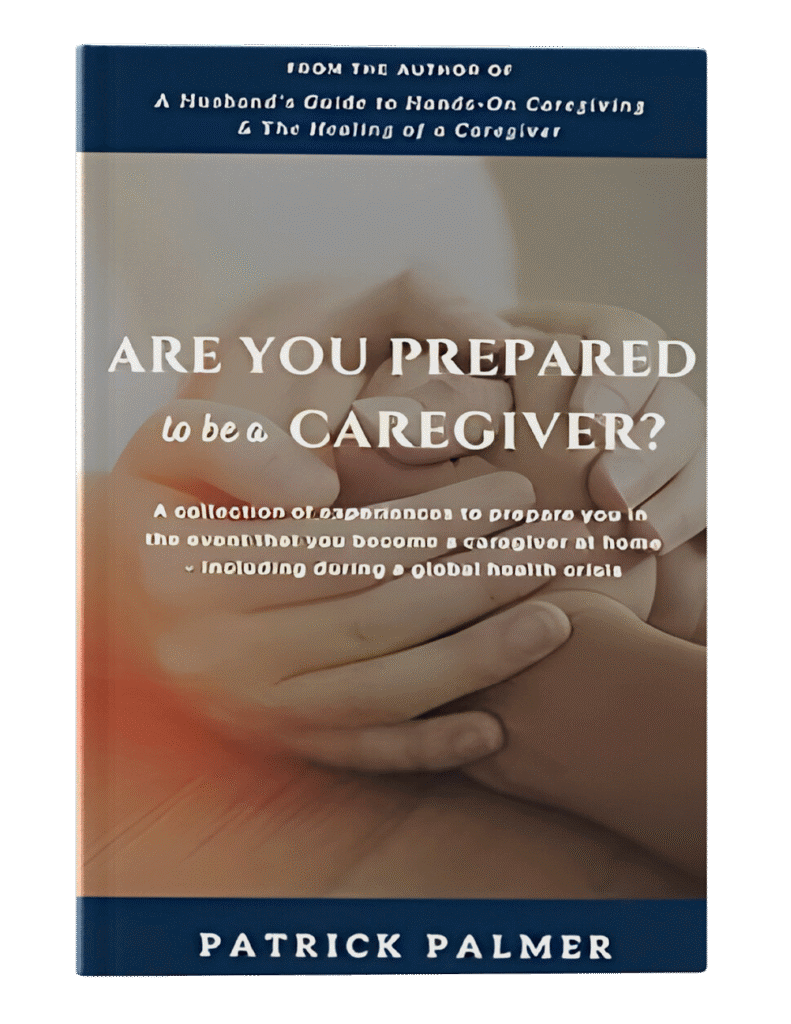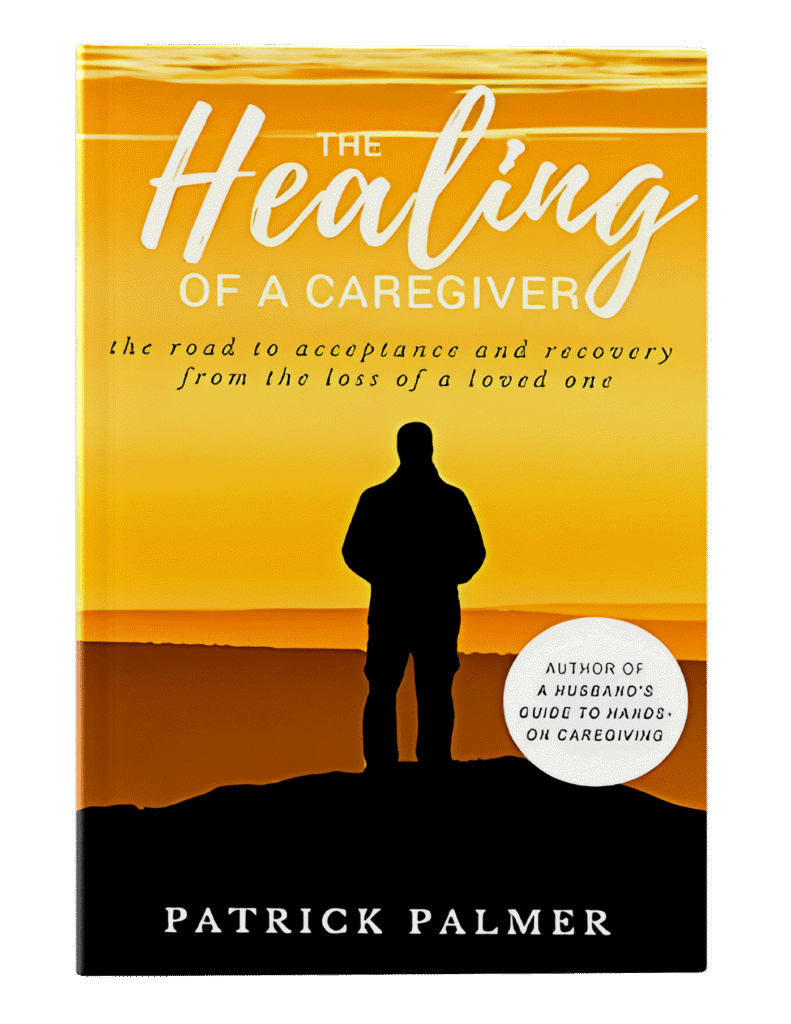Ever wonder if overnight caregivers like you and I ever get a decent night’s sleep? The answer to this question is very tricky. So, whether you’re an expert or just a beginner, this blog is for you to understand the complex dynamics of this role. It is all about the ups and downs of being an overnight caregiver.
What Is An Overnight Caregivers ?
Older adults often struggle to sleep through the night due to health concerns, anxiety, or memory loss. Conditions like dementia and Alzheimer’s can lead to nocturnal confusion, especially during seasonal transitions.
An overnight caregiver is a trained professional who stays at a senior’s home during the night to provide safety and comfort. They typically arrive before bedtime and remain until morning, ensuring the senior receives timely help with tasks like medication, mobility, or simply getting to the restroom.

Can Overnight Caregivers sleep?
Ever wonder if overnight caregivers ever get a decent night’s sleep? The answer to this question isn’t as simple as yes or no. Whether you’re a professional caregiver or just starting to explore this role, this guide will help you understand the complex demands of overnight senior care—including the challenges, responsibilities, and rewards.
What Is a Waking Overnight Caregivers and What Do They Do?
A waking night caregiver is a professional who stays awake and alert throughout the night to assist the patient whenever needed. This type of overnight caregiving is ideal for individuals who require frequent support—such as help with toileting, repositioning, taking nighttime medication, or moving safely within the home.
Waking night care is especially beneficial for seniors living with conditions like dementia or Alzheimer’s, where nocturnal confusion or attempts to leave the house can pose serious risks. These caregivers remain attentive and proactive, ensuring the safety, comfort, and overall well-being of the person under their care all night long.
Sleeping Overnight Caregivers
This type of caregiver is for adults who don’t need constant supervision but still need someone close by. In this arrangement, the caregiver sleeps at home but is available for support if needed. They could get up once or twice a night and help with simple tasks like going to the bathroom. This care is perfect for those who feel anxious about being alone at night but don’t always need help.

Benefits of an Overnight Caregivers
1. Dementia Care
Seniors with dementia or Alzheimer’s wander at night, putting themselves at risk. A nightcare provider can safely guide them to bed, prevent them from falling, and keep them from leaving the house.
2. Bathroom Assistance
Seniors frequently need to use the bathroom at night. A caretaker can assist them in reaching there safely, avoiding accidents, and keeping them comfortable.
3. Sleep Promotion
Caregivers promote quality sleep by avoiding stimulants before bedtime, using relaxation techniques, and preparing snacks at bedtime. This helps seniors sleep and stay asleep longer to get proper rest.
4. Medication Reminders
By making sure they take their medicines when scheduled and at the recommended amount caregivers ensure the well-being of patients at night.
5. Companionship
Night care provides emotional support and companionship, especially for seniors dealing with depression or anxiety. This reduces feelings of loneliness and helps them feel safe.
6. Mobility Assistance
Seniors with mobility issues can benefit from getting in and out of bed and moving around the house overnight. Caregivers can also have a midnight snack and access to water.
7. Fall Prevention
Overnight caregivers ensure the home is safe by keeping walkways clear and are there to help if the adult loses their balance. In an emergency situation, they can provide immediate assistance and call for help.
How Much Do Overnight Caregivers Cost?
The cost of overnight care depends on a few factors. These include the type of care, the patient’s needs, and your location. Waking night care typically costs $13 to $19 per hour, and sleeping night care usually ranges from $9 to $17 per hour. Always ensure you discuss the fee structure with your carer or agency to avoid any surprises later on.
Last Words
In conclusion, overnight caregivers are a true asset to our society they provide essential support and comfort for seniors during the night times providing much-needed support to the primary caregivers and family members. Whether it’s helping with dementia, preventing falls, or simply being there for a friendly chat, overnight caregivers make a real difference. But don’t forget to appreciate these noble people and provide resources for them to make their journey less difficult. One such way is to provide them with caregiving books. Patrick Palmer is an author and a cancer research advocate who has written some amazing books on different aspects of caregiving from providing emotional support to caregivers to tips and tricks for different tasks. Share his books with caregivers around you to show them appreciation.





